About Publications Library Archives
heritagepost.org

Preserving Revolutionary & Civil War History

Preserving Revolutionary & Civil War History
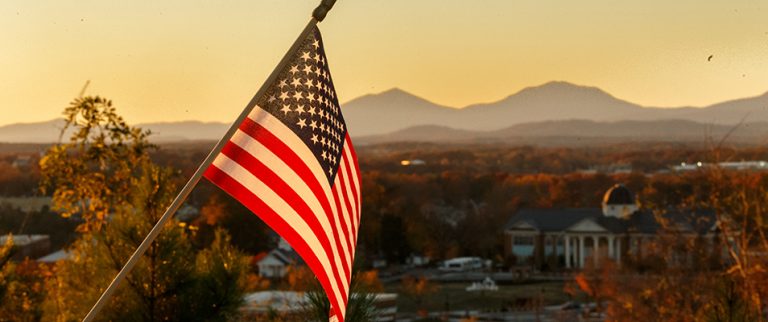
In American civic and political life, nearly everyone is a champion of liberty, but not everyone means the same thing by that term. We hold several conflicting ideas about liberty, though we are usually unaware of that fact. This lack of awareness means that, whenever a conflict between these conceptions leads to a political dispute,…
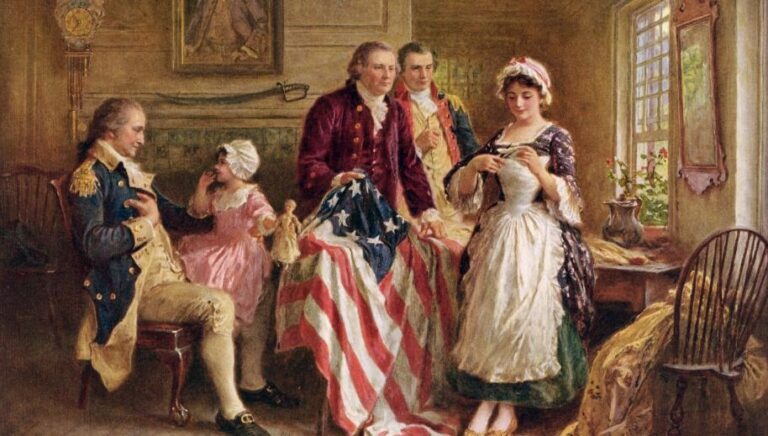
The name that King George III is said to have called the “most damning name of all” on the Declaration of Independence was not that of Benjamin Franklin, John or Samuel Adams, or even John Hancock. Instead, it was businessman Robert Morris. As the “financier of the revolution,” Morris deserves to be duly recognized for…
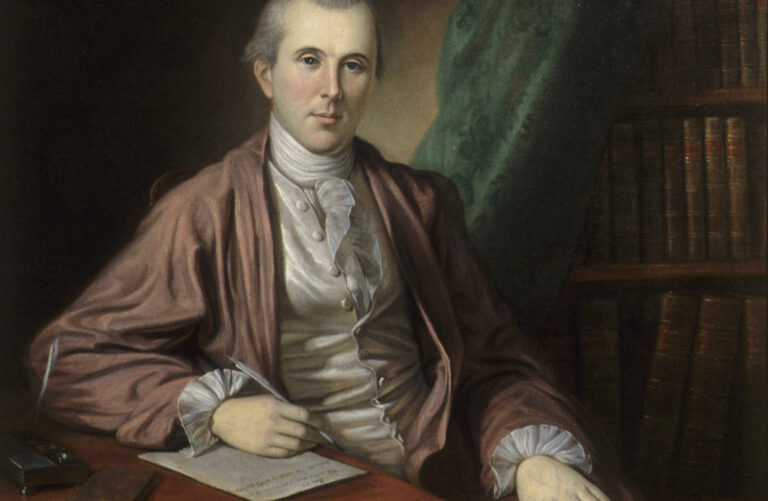
Dated January 1787 There is nothing more common than to confound the terms of the American revolution with those of the late American war. The American war is over: but this is far from being the case with the American revolution. On the contrary, nothing but the first act of the great drama is closed. It remains yet…
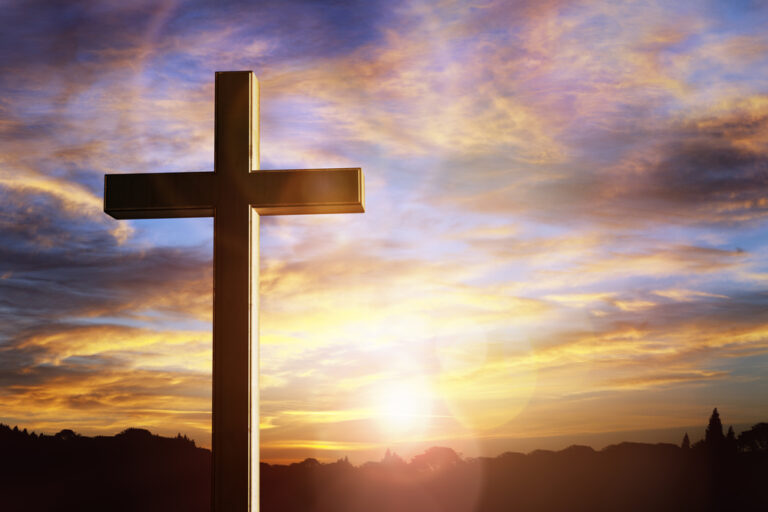
MAJOR REVIVALS broke out in the Civil War armies. In the Union Army, between 100,000 and 200,000 soldiers were converted; among Confederate forces, approximately 150,000 troops converted to Christ. Perhaps 10 percent of all Civil War soldiers experienced conversions during the conflict. Abraham Lincoln, though he knew the Bible thoroughly and spoke often of an…
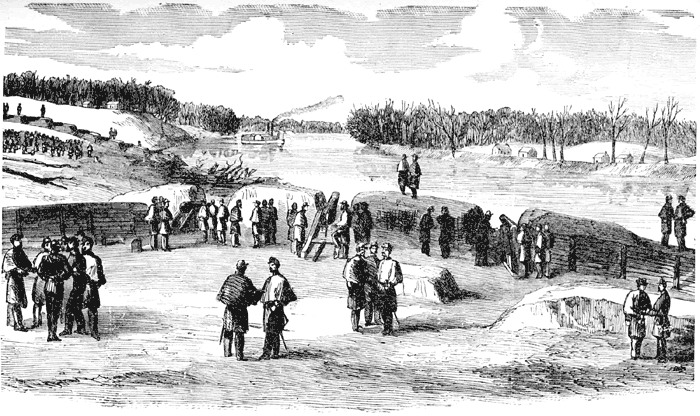
Report of Col. Roger W. Hanson, Second Kentucky Infantry (Confederate). Richmond, Va., August 8, 1862. On February —, in pursuance of orders, I proceeded, with my regiment upon the cars, from Russellville, Ky., to Clarksville, Tenn. When I arrived there I was ordered by General Pillow to embark immediately for Fort Donelson. I arrived there…
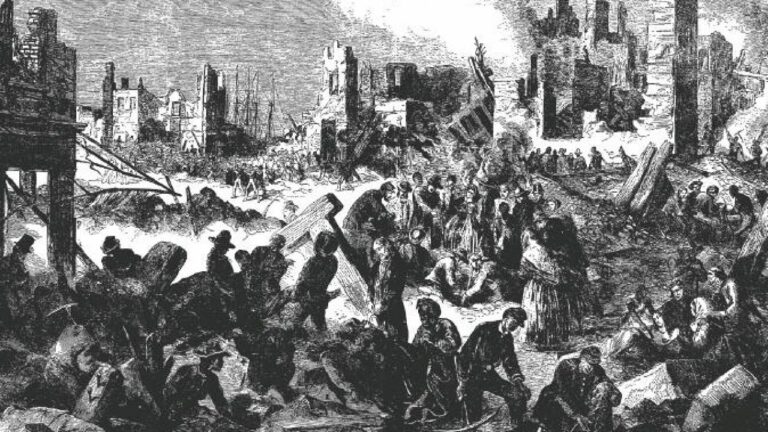
Midway through 1861, well-known Richmond chemists Edward T. Finch and Joseph Laidley lent their expertise to the Confederacy in a risky venture: gun powder production. Each was among the most respected in his field in Virginia, but working with highly combustible material was out of their comfort zones. Before the war, Finch boasted in the…
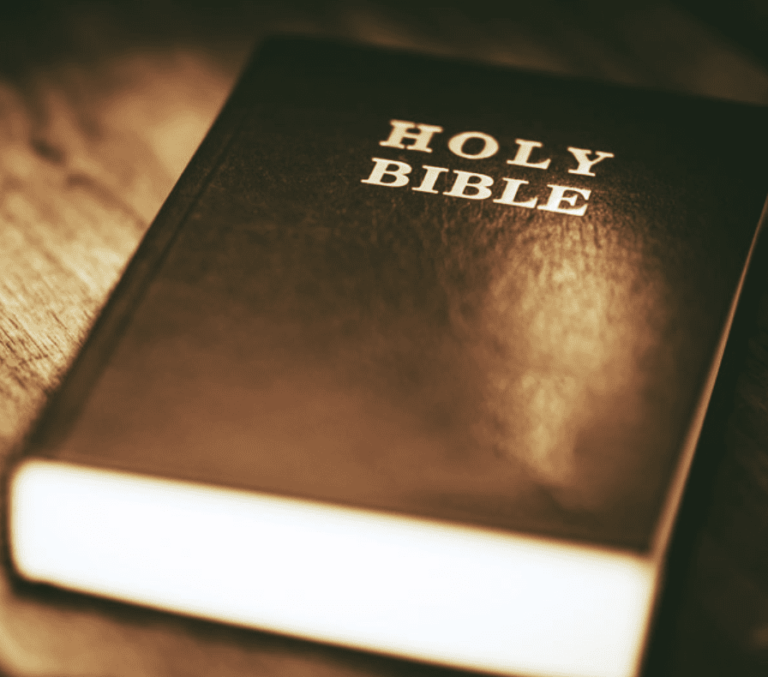
The Bible, Slavery, and America’s Founders America’s Founding Fathers are seen by some people today as unjust and hypocrites, for while they talked of liberty and equality, they at the same time were enslaving hundreds of thousands of Africans. Some allege that the Founders bear most of the blame for the evils of slavery. Consequently,…
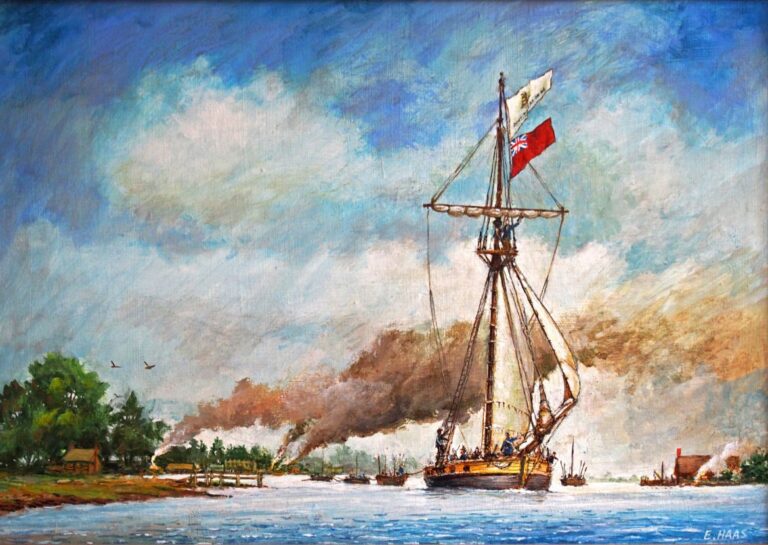
Just weeks after war broke out at Lexington and Concord, Ethan Allen and Benedict Arnold, working in grudging consort,captured Fort Ticonderoga on Lake Champlain, as well as the settlement of Skenesborough (now Whitehall) at the southern end of the lake. Under orders from Arnold, Eleazer Oswald also captured a small vessel there. Oswald reported: “We…
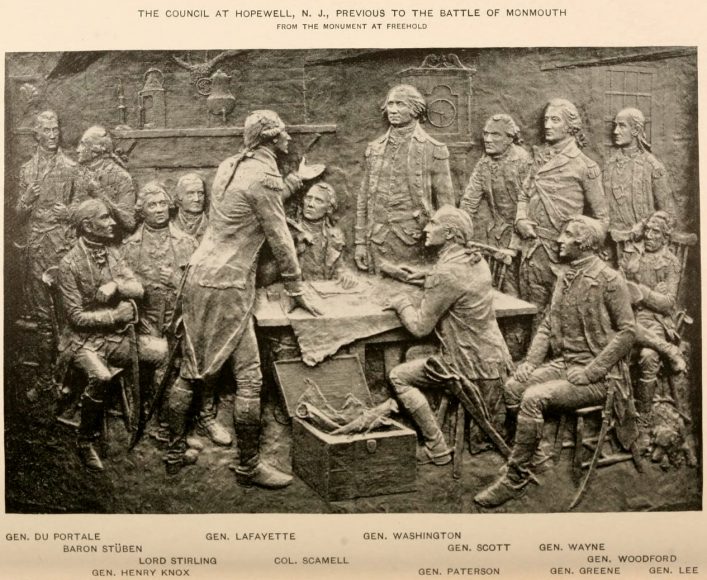
A.H. Ritchie’s 1856 engraving entitled “Washington and His Generals” is a creative, imaginary scene, as the dozens of generals shown assembled never congregated in such numbers in one place. For some odd reason, Ritchie depicted Maj. Gen. Charles Lee standing closest at the table with Washington, rather than the loyal and important Maj. Gen. Nathanael Greene. Lee…

The basic ground rules of this spirit of inquiry are encapsulated in the title of Benjamin Franklin’s ground-breaking work Experiments and Observations on Electricity (London, 1751; shelfmark: 538.l.5.(6)) just as they are in Medical Inquiries and Observations (4 Vols., Philadelphia, 1805; shelfmark MFR/3019 1 Reel 36:1), the most important writings of Franklin’s friend and fellow Philadelphian, Benjamin Rush (1746-1813).…